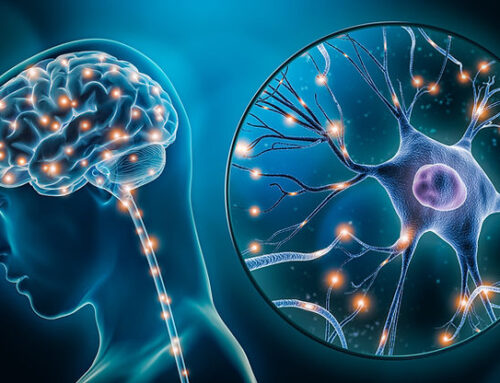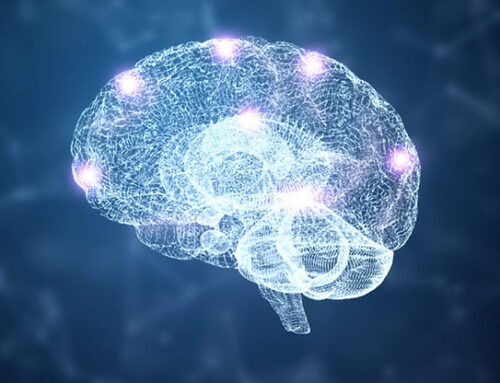When talking about total wellness, it cannot be denied that mental wellness is a holistic idea. It is impossible to overstate mental health’s importance in today’s culture. Mental health impacts everyone, no matter how much you try to deny it. Whether you have it or not, you will always know someone who may be dealing with a mental illness in your daily life. It is a genuine problem that requires discussion and more investigation. Mental health treatment is to keep such conditions stable and show how they all support mental well-being.
What is a holistic approach?
A holistic approach to mental health considers the needs of the individual as a whole by attending to their emotional, mental, physical, and spiritual requirements. No medicine is avoided in a holistic approach to mental health care. In truth, holistic medicine frequently employs a pharmacological approach augmented by therapeutic pursuits, including talk therapy, group therapy, mindfulness, and art therapy. So that patients can address and resolve more serious emotional, mental, and spiritual problems, this holistic mental health treatment can support the brain’s normal functioning.
The reason why professionals practice a holistic approach
Mental health providers who treat their patients holistically occasionally get considerably better outcomes. One mental health care provider might suggest an antidepressant to a patient they sometimes visit. The antidepressant medicine may have some positive effects but may not treat the patient’s mental health issues or address the symptoms causing them.
A holistic strategy considers every symptom the patient may be experiencing. Are you seeking the most excellent care for your mental health? If yes, click on mental health therapy near me, where the doctor thoroughly examines the patient’s data, provides various treatment options, and assists the patient in feeling better emotionally, physically, and spiritually. For long-lasting, successful results, holistic treatment is the best way to treat mental health disorders or to improve patients’ mental health.
Types of holistic mental health treatments
A healthcare professional may suggest many therapy choices when pursuing a holistic mental health treatment plan. Below mentioned are the types of holistic mental health treatments:
1. Yoga therapy
Because yoga therapy relaxes the mind while exercising the body, it is a well-liked alternative holistic healing therapy option. During a yoga session, the body is put through stretches or light movements while guided through calm, regulated breathing patterns. You will experience advantages to your physical and mental health and stress reduction through the best mental health treatment. Yoga therapy can be helpful both on your own and in a group setting with other yoga practitioners.
2. Art therapy
Art therapy involves using creative activities to express oneself, such as painting, drawing, or music composition. Choose the best mental health counsellor near me, which aims to provide a secure space where patients can express themselves without fear of criticism. Some people might get valuable abilities that they can use to further this passion.
3. Mindfulness meditation
People who practice mindfulness become more present and develop consciousness of their experiences and diagnoses. Through mindfulness, individuals can make an intention to develop self-awareness, pay attention to their emotions and sensations, and mould their attitude so they can resolve problems without passing judgment.
4. Music therapy
Like art therapy, music therapy also involves singing, playing instruments, or creating unique music and listening to it. Music has therapeutic benefits because it appeals to a fundamental part of our being. Music of some genres is more appropriate for this than others. Mental health treatment aims to lower stress or enhance other aspects of mental health well-being.
Massive benefits of a holistic approach to mental health
The therapeutic outcome will be improved by creating a more detailed plan for healing and incorporating holistic tactics with the entire therapy approach. It is due to the inherent and indissoluble connection between the body and the mind. Here you can see the benefits of a holistic approach to mental health:
1. Aid in self-discovery
A holistic therapist will urge you to examine various facets of your life, such as your thoughts, feelings, physical well-being, spiritual beliefs, and social ties. You will better understand who you are and the connections between all these areas with the help of the best mental health treatment. As a result, you can pinpoint any aspects of your life that are stressing you out.
2. Manage your stress and negative feelings
Many people discover that negative thoughts and emotions, including despair, anxiety, rage, grief, guilt, helplessness, hopelessness, shame, etc., bring mental health issues. You may therefore be able to learn healthier coping mechanisms when confronted with such complex sentiments in the future by discussing these difficulties with a holistic therapist. To successfully deal with any mental health issue, you can visit local mental health services near me and learn efficient emotional management techniques.
3. Connect with inner resources and strengths
The experience of having a mental health issue might, at times, seem brutal. It is particularly true if you don’t have many close friends or family members who can relate to or support you. By getting treatment with a mental health center in Minneapolis, you can tap into your inner resources and abilities, giving you the bravery and strength to tackle challenging situations in your life. These internal resources can also offer optimism and hope for the future, which are necessary for coping successfully with a mental health issue.
Final Words
A healthy existence requires both physical and mental well-being. People’s lives and the lives of their loved ones are greatly affected when they struggle with mental illness or drug and alcohol abuse. Consider working with a therapist who uses a body-based or mind-body approach if you seek a realistic and all-encompassing strategy to improve your family’s mental health.






Leave A Comment